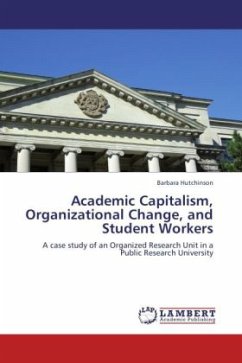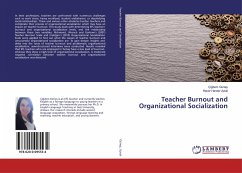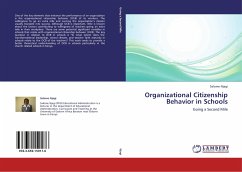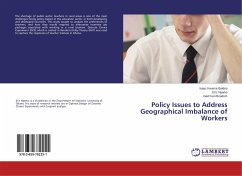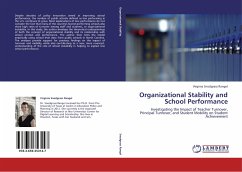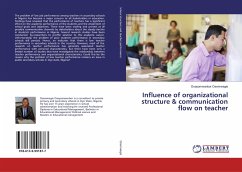This multi-layered case study examines the evolution of one long-lived organized research unit (ORU), the Office of Arid Lands Studies (OALS), at the University of Arizona (UA). The first part includes a history of arid lands research at the UA and the beginning of OALS, a review of the Office s extramural and internal funding since 1964, and a comparison of that data and other performance indicators with other ORUs and departments. The results are examined in relation to U.S. science policy and the theory of academic capitalism. The second part explores the causes of OALS 1981 administrative move from the Vice President for Research Office to the College of Agriculture in the context of the University s multiple cultures and institutional and resource dependence theories of organizational change. The final part considers the influence of student workers on faculty supervisors in an OALS lab, and the role of funding agencies in the lab s operations. Theories of power and technology in the workplace are reviewed. Findings suggest college placement of the ORU has been beneficial in clarifying research turf, minimizing conflicts, supporting instruction, and funding.
Bitte wählen Sie Ihr Anliegen aus.
Rechnungen
Retourenschein anfordern
Bestellstatus
Storno

